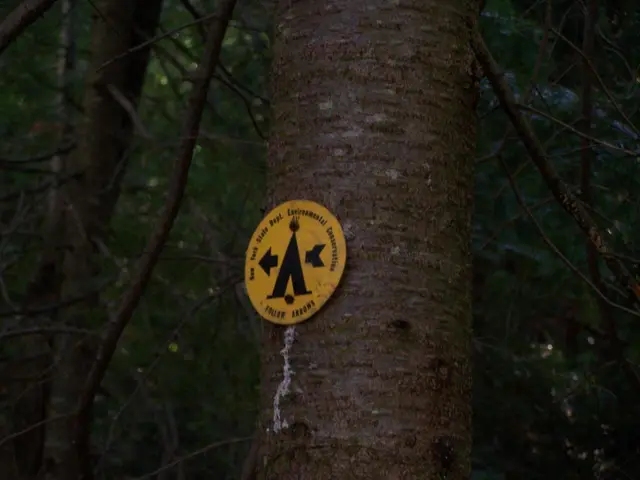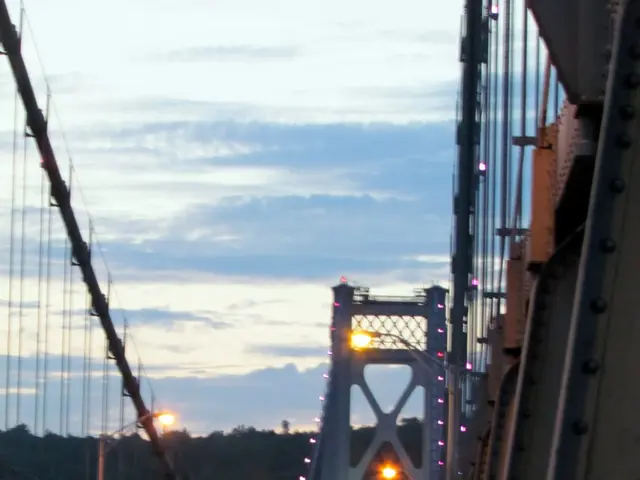"The leader of AfD's parliamentary group advocates for assuming executive power" - Desiring to Exercise Control or Authority
In Lower Saxony, the Alternative for Germany (AfD) party has renewed its claim to govern, expressing a desire to take a more active role in politics and instigate change in the political landscape. AfD faction leader, Klaus Wichmann, made this statement in an NDR summer interview, emphasizing that the party wants to govern and not just be in opposition.
Wichmann's statements indicate a long-term strategic approach to the AfD's political ambitions, with a focus on the state election in 2027. The AfD politician has expressed a willingness to run as Minister President in this election.
The AfD's coalition preferences, as expressed by Wichmann, lean towards a partnership with the Christian Democratic Union (CDU), specifically a black-blue coalition. This strategic move is a reflection of the AfD's political strategy, which includes a willingness to seek partnerships with other parties to achieve their goal of governing.
Despite the AfD's far-right ideology and nationalist policies, which contribute to its political isolation by other parties, Wichmann does not see the current lack of parties willing to coalition with the AfD as a barrier. He stated that he believes a partner will be found when the question of coalition arises.
In Germany broadly, including Lower Saxony, the major parties such as the CDU/CSU, SPD (Social Democrats), Greens, and FDP (Free Democrats) generally rule out cooperation with the AfD. The SPD and Greens are part of the current federal government coalition, deeply opposed to the AfD’s platform and have no inclination toward alliance.
The CDU, historically a potential coalition partner to various parties, has also been reluctant to partner with the AfD. This is evidenced by the AfD surpassing CDU/CSU in some polls for the first time in 2025, yet still facing a "firewall" ("Brandmauer") effect in German politics, where mainstream parties block cooperation with the AfD to contain its influence.
However, Wichmann's assertion that a partner will be found when the question of coalition arises suggests a confidence in the AfD's political prospects. The AfD party in Lower Saxony aims to make politics, not just be in opposition, and their renewed claim to govern is a testament to this ambition.
The left-wing party Die Linke and emerging populist left groups like the Sahra Wagenknecht Alliance (BSW) are ideologically opposed to the AfD and unlikely coalition partners. Nevertheless, the AfD's political strategy, as outlined by Wichmann, remains focused on the state election in 2027, with a potential shift in the political landscape in Lower Saxony as the AfD continues to assert its claim to govern.
Read also:
- United States tariffs pose a threat to India, necessitating the recruitment of adept negotiators or strategists, similar to those who had influenced Trump's decisions.
- Weekly happenings in the German Federal Parliament (Bundestag)
- Southwest region's most popular posts, accompanied by an inquiry:
- Discussion between Putin and Trump in Alaska could potentially overshadow Ukraine's concerns








